Growing Snapdragons In Pots – Tips For Snapdragon Container Care
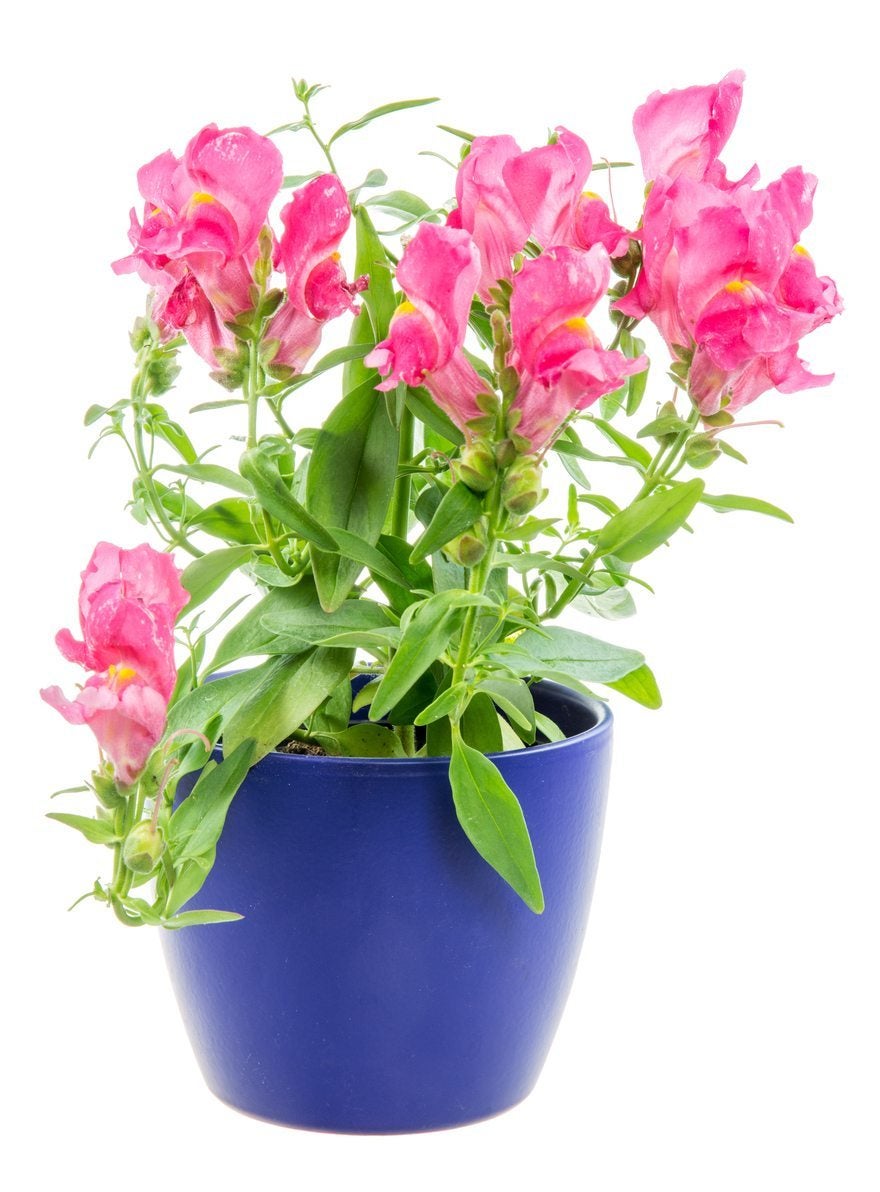

Snapdragons are perennials—often grown as annuals—that produce a pretty and brightly-colored spike of flowers. While often used in beds, container grown snapdragons are another great garden, patio, and even indoor option for using these striking flowers.
About Snapdragons in Containers
Snapdragons have pretty, bell-shaped flowers that grow in clusters on a tall spike. They are cool-weather flowers, so expect them to bloom in spring and fall, not summer. They come in a range of colors including white, yellow, orange, pink, purple, red, and more. Snapdragons also come in different sizes, from 6 to 36 inches (15 cm. to almost a meter). A bunch of snapdragons of approximately the same height, but in a mix of colors, looks stunning in any kind of container. Another great way to grow a snapdragon in a pot is to combine it with other plants. Everyone loves a mixed pot, but it isn’t always easy to get the perfect look you see in nursery creations. The secret is to use a mix of tall, short, and creeping or spilling plants – think thriller, filler, spiller. For the tall plant, people tend to reach for traditional ‘spikes,’ but you can also use a spiky flower, like a snapdragon, to add that tall element.
Snapdragon Container Care
Growing snapdragons in pots isn’t difficult, especially if you've grown them previously in beds. They prefer full sun, but with a container you can move them around to catch the light. Make sure the container drains well, and that you water it regularly. The soil in a pot will dry out much more quickly than the soil in a flower bed. As the snapdragon flowers die off, deadhead them to encourage more blooms. As the summer heats up, they will stop blooming, but be patient and you’ll get more flowers in the fall. Containers with snapdragons can be a great way to brighten up your patio or balcony.
Gardening tips, videos, info and more delivered right to your inbox!
Sign up for the Gardening Know How newsletter today and receive a free copy of our e-book "How to Grow Delicious Tomatoes".

Mary Ellen Ellis has been gardening for over 20 years. With degrees in Chemistry and Biology, Mary Ellen's specialties are flowers, native plants, and herbs.
-
 Looking For Plants To Give You The Soft And Fuzzies? Try These 5 Fuzzy Leaf Plant Options
Looking For Plants To Give You The Soft And Fuzzies? Try These 5 Fuzzy Leaf Plant OptionsLovers of texture, drama, silver foliage and tactile plants will adore these special sensory garden additions. These fuzzy leaf plant options will leave you all aglow
By Susan Albert
-
 Get Ready For A Summer Of Hummers! Grow These Full Sun Hummingbird Plants and Flowers
Get Ready For A Summer Of Hummers! Grow These Full Sun Hummingbird Plants and FlowersIf you’re lucky enough to enjoy a sunny backyard, make sure you are maxing out on your pollinator opportunities and grow these full sun hummingbird plants and flowers
By Tonya Barnett
-
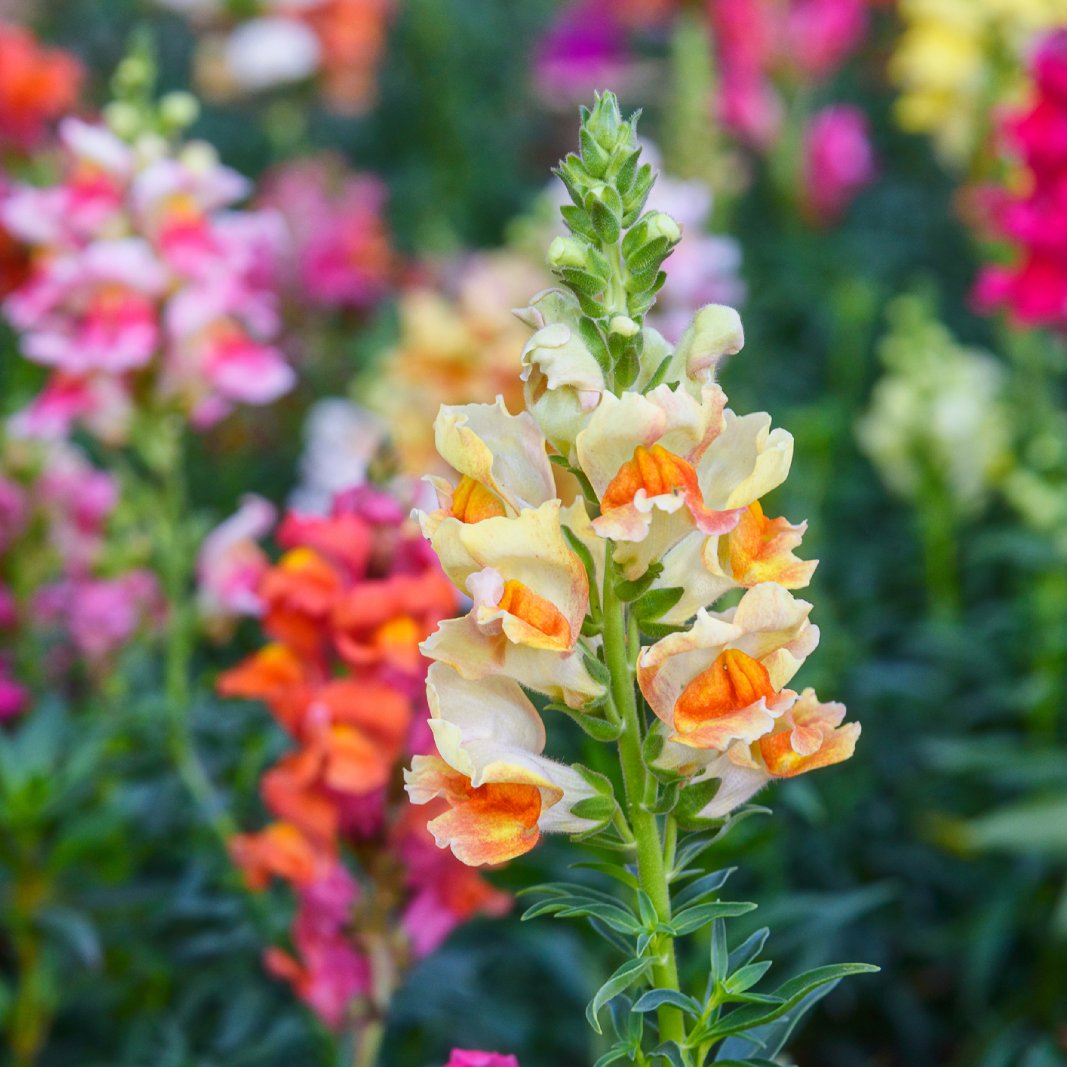 When And How To Harvest Snapdragon Seeds For Years Of Blooms
When And How To Harvest Snapdragon Seeds For Years Of BloomsLearn how to harvest snapdragon seeds to replenish those frilly, familiar garden flowers for everything from weddings to beautiful bouquets on your table.
By Mary Ellen Ellis
-
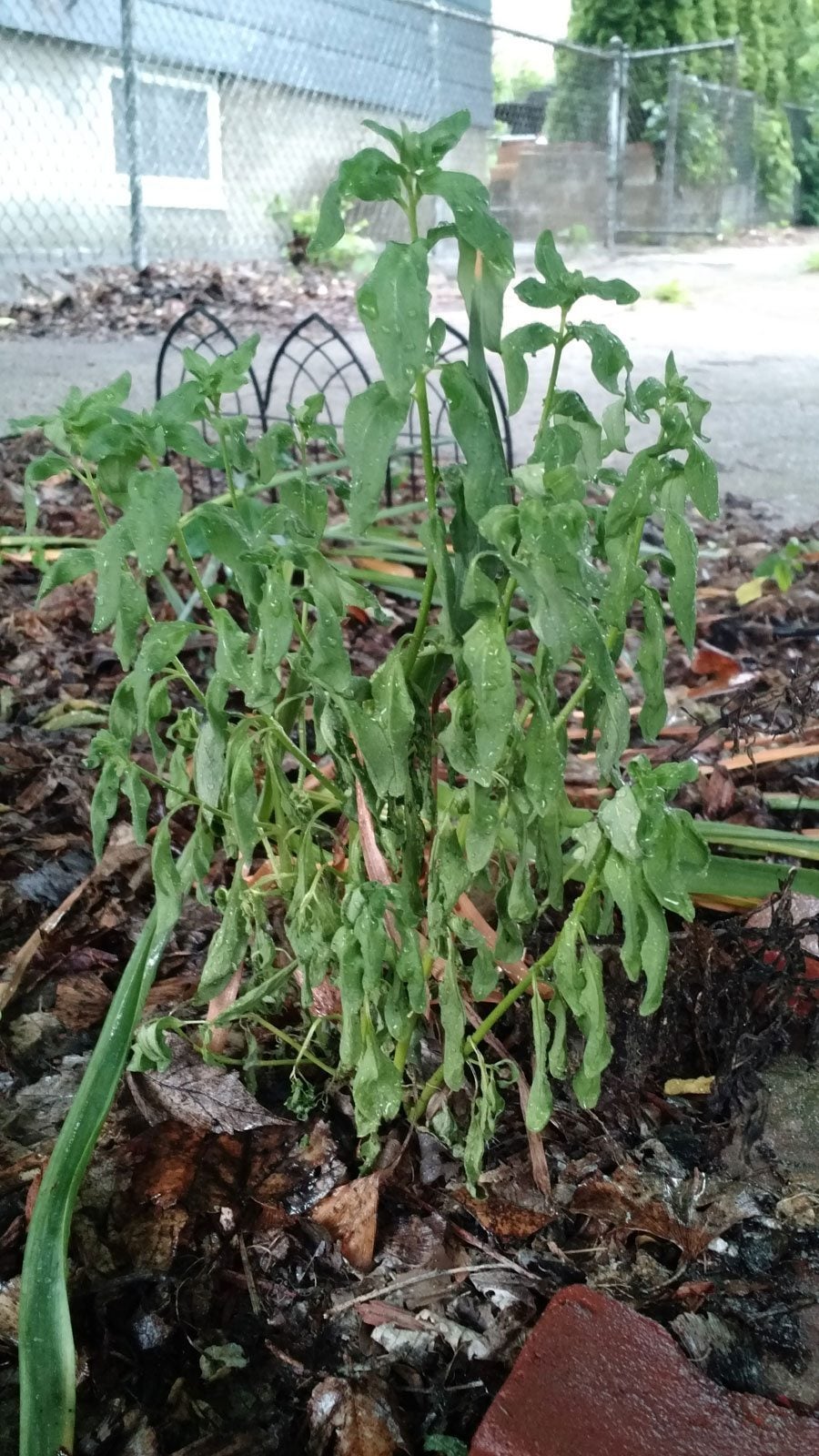 Why Do Snapdragons Wilt: Learn What Causes Wilting Snapdragons
Why Do Snapdragons Wilt: Learn What Causes Wilting SnapdragonsWhat can you do when your beautiful snapdragons start to hang their heads in despair? Start by reading this article, then get to work in the garden! Click here for information on why snapdragons plants wilt so you can begin fixing the problem.
By Kristi Waterworth
-
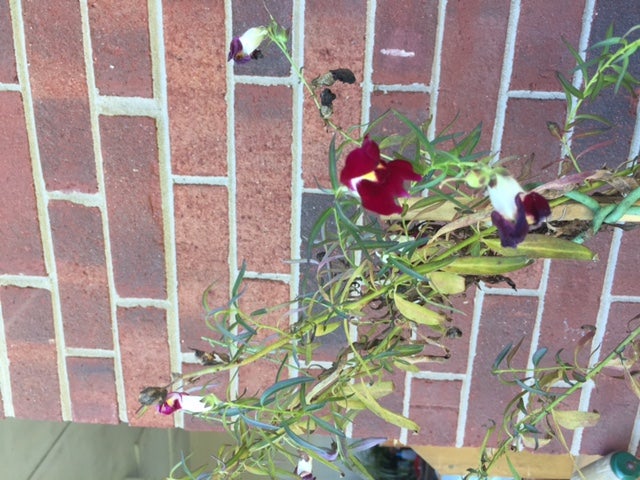 Fixing Issues With Snapdragons – How To Deal With Snapdragon Problems
Fixing Issues With Snapdragons – How To Deal With Snapdragon ProblemsSnapdragons are fanciful plants that delight and inspire wonder in people of all ages, but they can also suffer from a number of problems. As a snapdragon keeper, it's your duty to learn more about the problems your plants can suffer, so click here to begin your journey.
By Kristi Waterworth
-
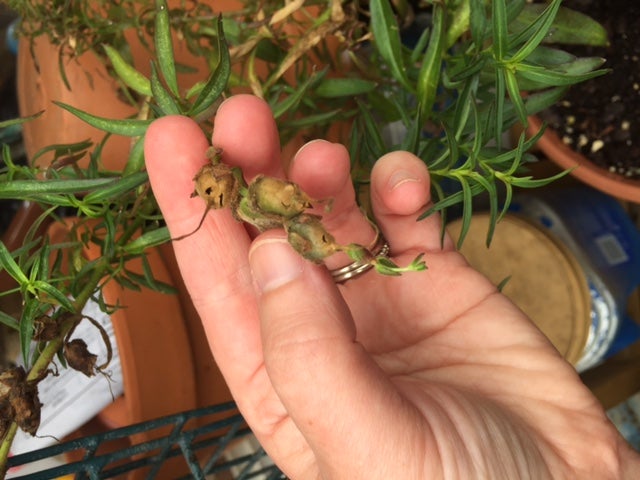 Propagating Snapdragons – Learn How To Propagate A Snapdragon Plant
Propagating Snapdragons – Learn How To Propagate A Snapdragon PlantSnapdragons are beautiful tender perennial plants that put up spikes of colorful flowers in all sorts of colors. But how do you grow more snapdragons? Click this article to learn more about snapdragon propagation methods and how to propagate a snapdragon plant.
By Liz Baessler
-
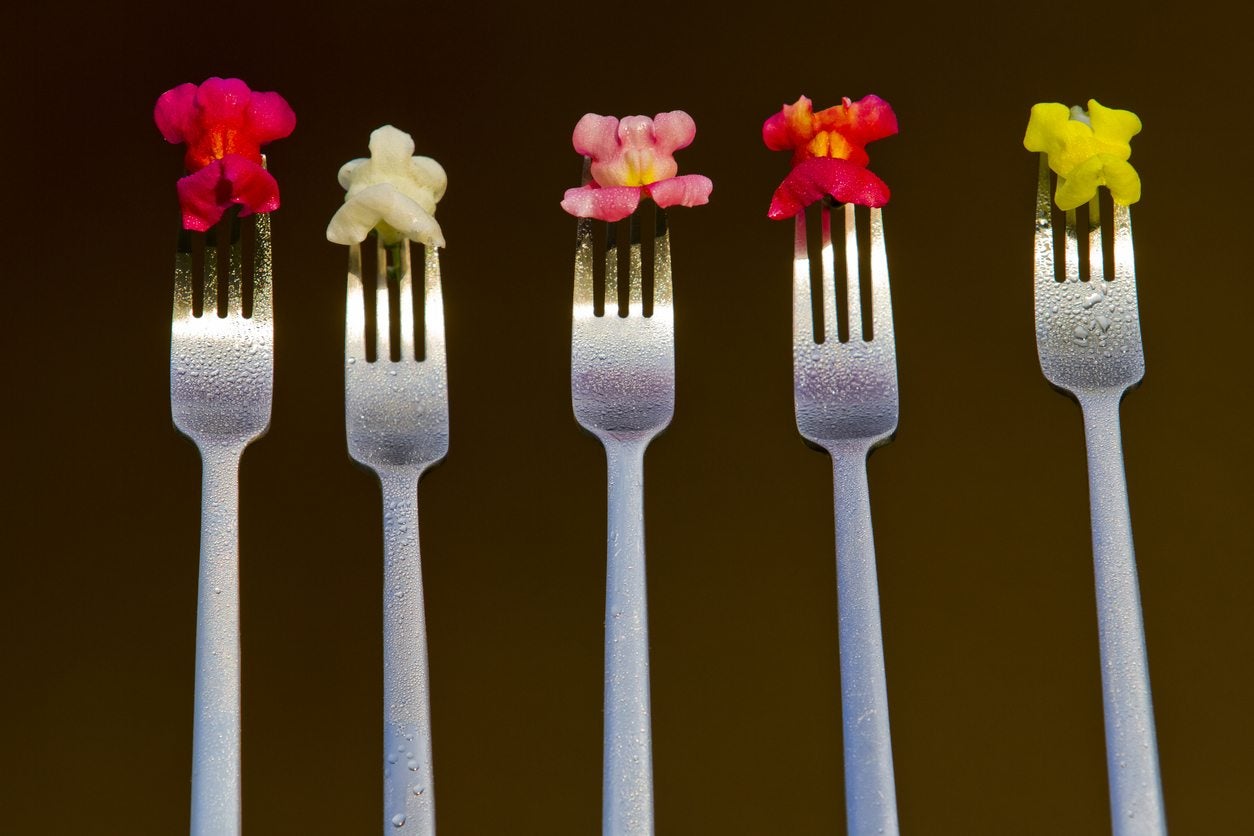 Are Snapdragons Edible – Information About Snapdragon Edibility And Uses
Are Snapdragons Edible – Information About Snapdragon Edibility And UsesEdible flowers are not a new trend. You are probably aware of some of the more common edible flowers, but how about snapdragon edibility? It's one of the more common garden flowers, but can you eat snapdragons? Find out in this article.
By Amy Grant
-
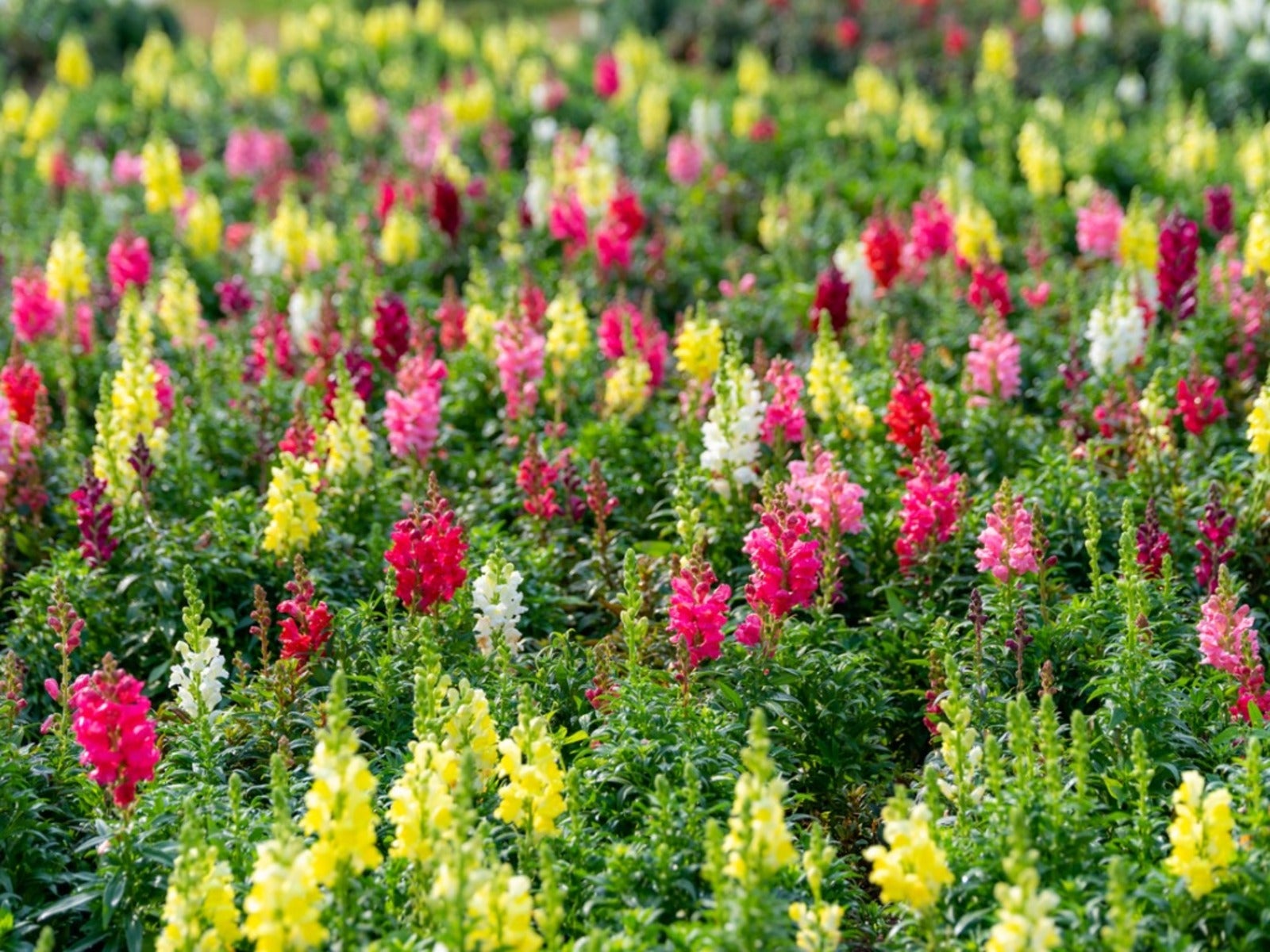 Snapdragon Variations: Growing Different Kinds Of Snapdragons
Snapdragon Variations: Growing Different Kinds Of SnapdragonsSnapdragons are beautiful and fascinating flowers. But which kind should you plant? Click to learn about snapdragon varieties.
By Ilana Goldowitz Jimenez
-
 Annual Vs. Perennial Snapdragon Plants: How Long Do Snapdragons Live
Annual Vs. Perennial Snapdragon Plants: How Long Do Snapdragons LiveThe most common question about snapdragons is: are snapdragons annual or perennial? The answer is that they can be both. You can learn more about how long snapdragons live by clicking this article for additional information.
By Darcy Larum
-
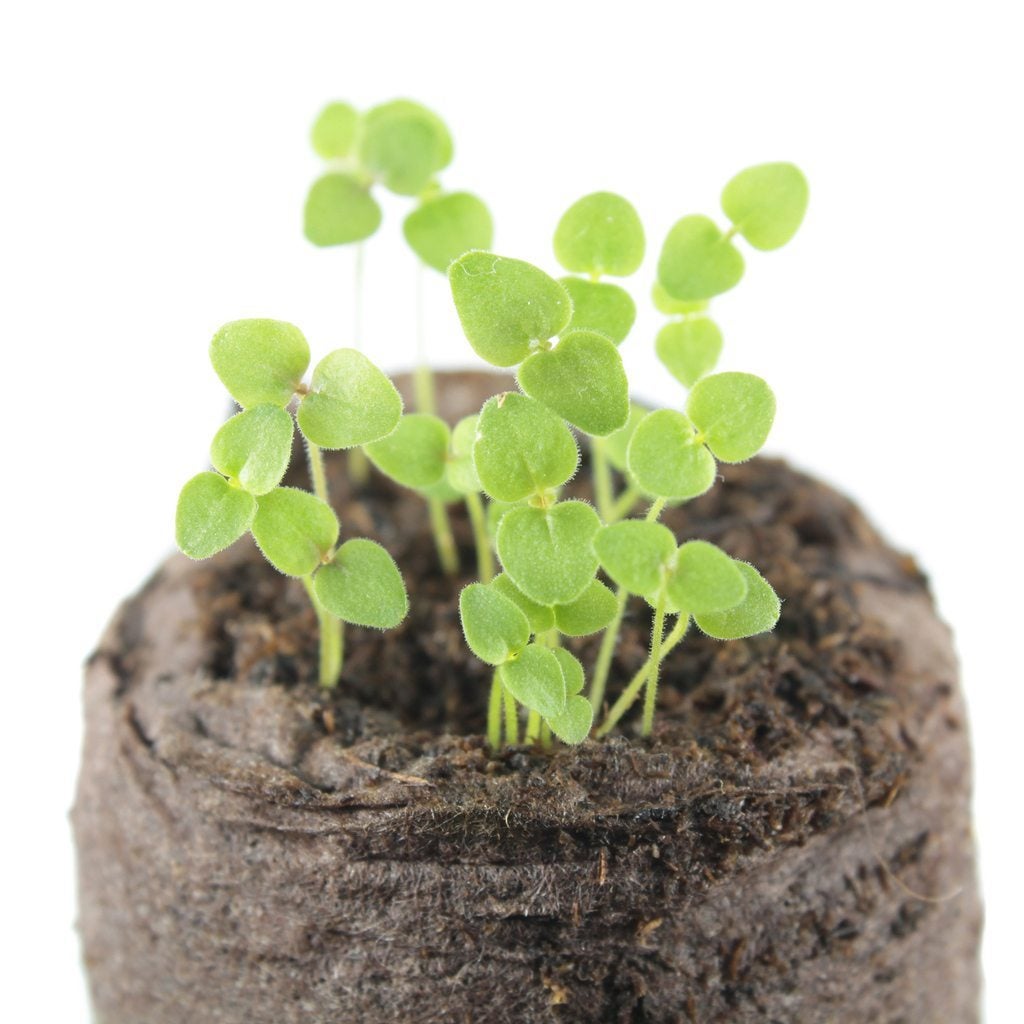 Seed Grown Snapdragons – How To Grow Snapdragons From Seed
Seed Grown Snapdragons – How To Grow Snapdragons From SeedOnce established, snapdragons are remarkably self-sufficient, but planting snapdragon seeds can be tricky. Want to try your hand at seed-grown snapdragons? Click on the following article to learn the basics of snapdragon seed propagation.
By Mary H. Dyer